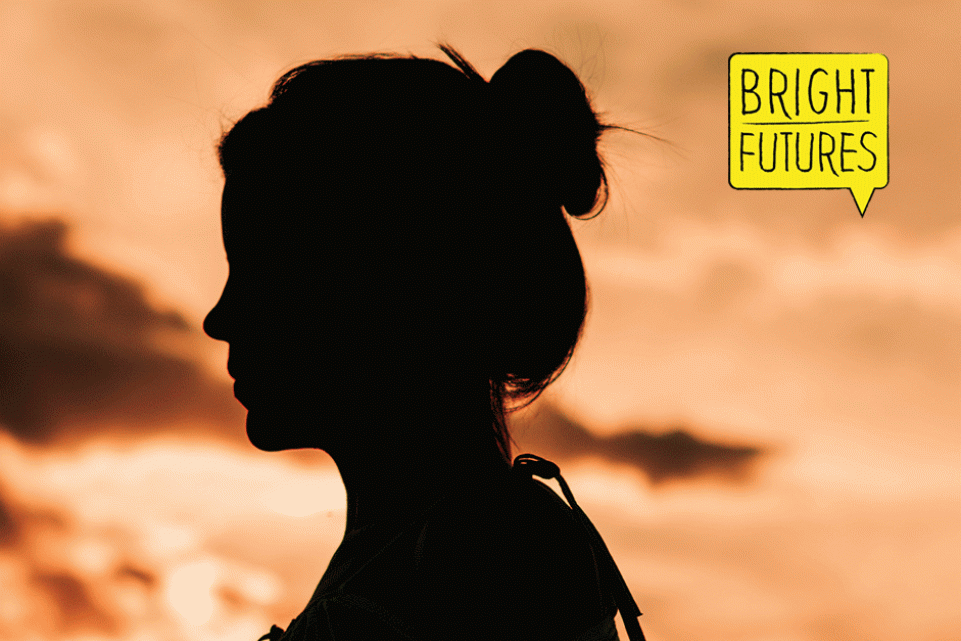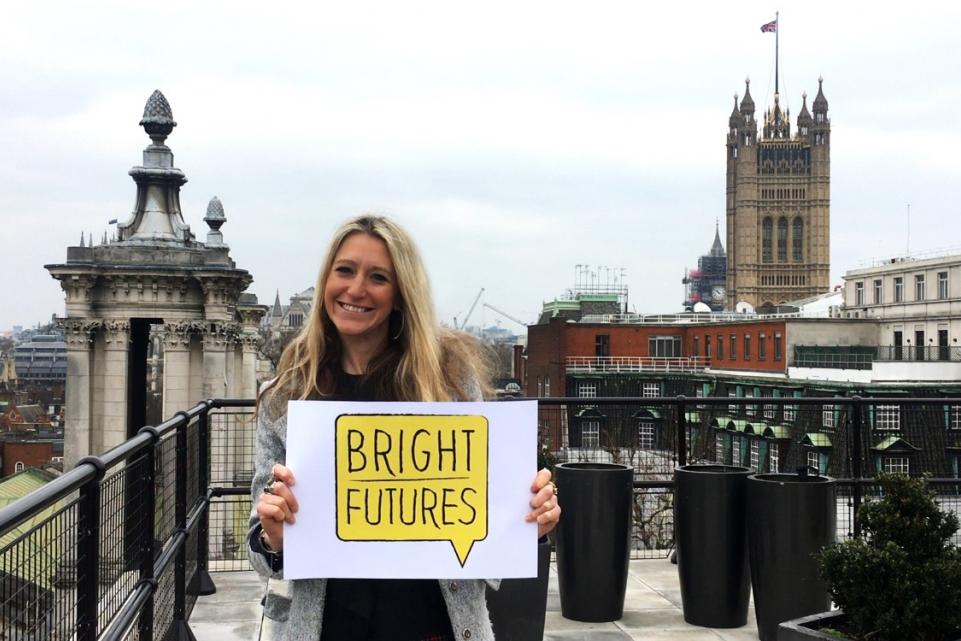Anne, 19, started to self-harm at the age of 11 and has been fighting to improve her mental health since. After many setbacks, a new care coordinator provided the support she needed to get better. Today she is an advocate for young people's mental health.
"I’ve been struggling with my mental health for over seven years now. My parents started going through a difficult divorce when I was about 11 and it deeply affected me. I became anti-social and started to self-harm.
"Mum said I needed someone to talk to, so we paid for a private therapist. I talked to five different counsellors over two years – but they weren’t really helping. It was more of a chat about how I was feeling than discussing my mental health needs.
"I continued to struggle with my symptoms. My grammar school eventually said they couldn’t accommodate me anymore. I wasn’t going to lessons and they said I had to be treated the same as any other student missing classes. During my time there I was only ever offered very general wellbeing advice – eat and sleep well, make time for exercise. It was an attempt at help but they were out of their depth, and it ended up just being patronising. I felt like they didn’t take mental health seriously. I was just 14 when I left.
"I was in no form of education at all for a while. I went to see my GP, but they weren’t especially helpful, and seemed to struggle with mental health as a topic. On my second visit though they added me to the waiting list for a CAMHS assessment. I was still seeing a private therapist for the four or five months that I waited.
"I thought that not going to school would ease the pressure, but my issues didn’t go away.
"My behaviour gradually became more dangerous and I attempted suicide just after I started getting help from CAMHS. I was admitted to the general children’s hospital for a week before being given an inpatient bed at a specialist unit for five months. It was here that I finally started to get an education again.
"I was diagnosed with an anxiety disorder, depression and post-traumatic stress disorder, and told I was likely to have a borderline personality disorder as well (although this wasn’t confirmed until I was 18).
"On discharge I was given cognitive behavioural therapy (CBT) every month and weekly sessions with a dedicated therapist (my care coordinator). Unfortunately she encouraged negative behaviour – she said as long as the object was clean then it was ok to cut myself – which had a detrimental effect on my wellbeing. We only saw her for six or seven sessions when me and mum asked to move to a new therapist.
"I struggle to trust people – and at this point I really didn’t know if I wanted any more help. But my new care coordinator was absolutely amazing and has put huge effort and work into making me better. She helped organise a referral to family therapy and I have been receiving dialectical behavioural therapy, helping me to accept who I am, as well as changing unhelpful ways of thinking and behaving. She keeps track of what’s happening and comes to some of my appointments, to help explain my situation. She’s on my side, a champion for my health.
"A year after my discharge from hospital I returned for another five months. It was a real relief though to be able to return to the same place, near to my family.
"At 17 I started college. I’ve struggled with attendance – but my care coordinator came to college to help me adjust and we reorganised my health care plan. I am allowed to come in just on certain days and I have a room to escape to if it becomes overwhelming. I’ll be here for another two years doing my A-levels.
"I transferred to adult mental health services in summer 2018, but I still have the same care coordinator. This was important to me as we have such a strong bond.
"College recommended I get involved with MH:2K a year ago as they knew I had a passion for young people’s mental health. I’ve visited schools and met our local council. I even talked to my local MP, who’s using some of our ideas to make services better.
"If I think back to when I was 11 and started getting ill, I really didn’t have anywhere I could turn to for help. It was very young to understand what was happening to me and I didn’t really know what was going on until my condition deteriorated and I was offered the help I needed. There’s a drop-in centre now, which is great, but at the time, the nearest place I knew of was on the other side of the city."
MH:2K is a new model for engaging young people in conversations about mental health in their local area. Visit their website to learn more.


